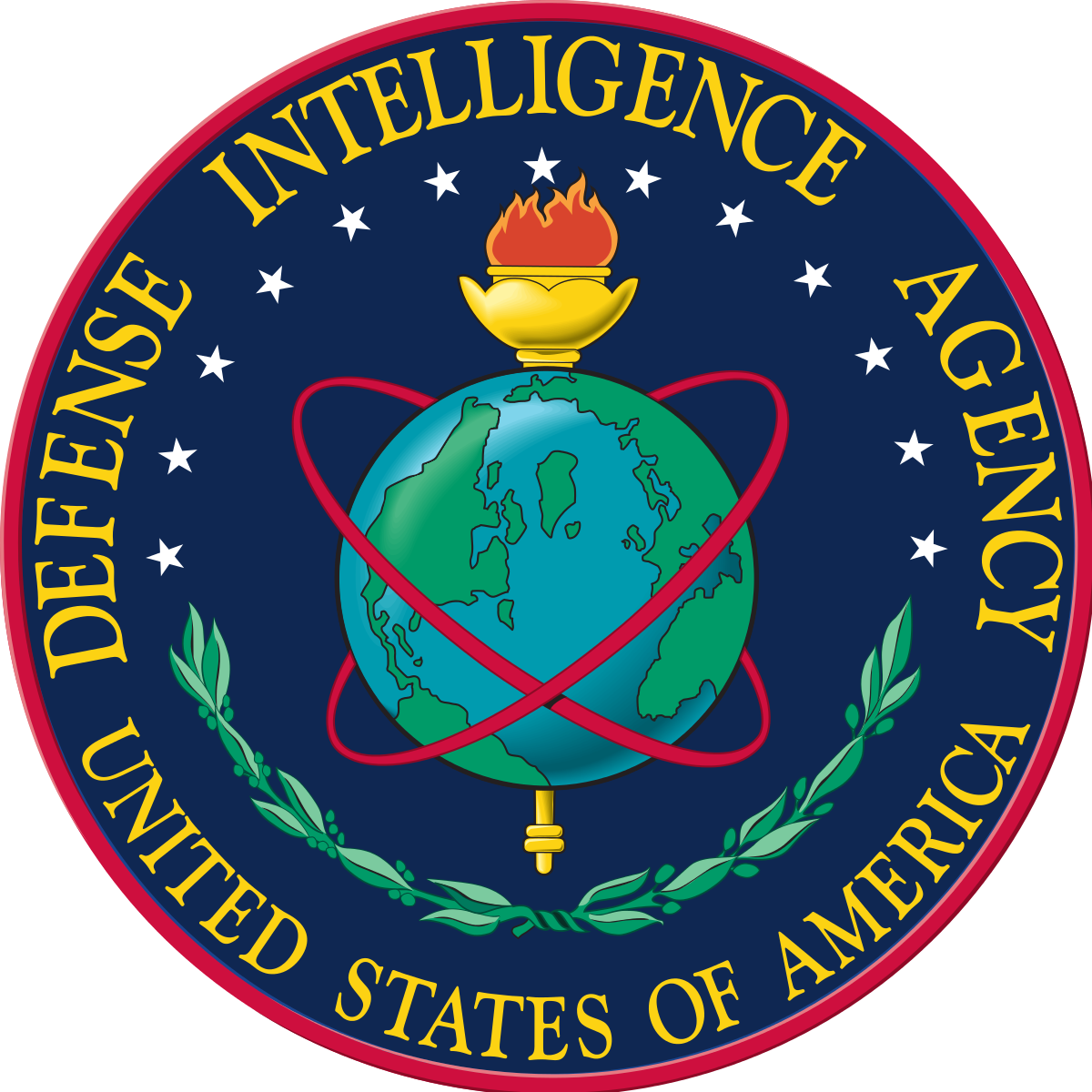In order to develop and maintain nuclear weapons, it is helpful to be able to test nuclear warheads. There are treaties between major nuclear powers such as the U.S. and Russia that prohibit most nuclear testing. Now the U.S. is accusing the Russians of violating treaties and testing nuclear warheads.
The Defense Intelligence Agency (DIA) Director made comments about this problem in a speech in late May. Now the DIA has issued a statement directly charging that Russia has been conducting low-yield nuclear testing. The DIA statement said, “The U.S. Government, including the Intelligence Community, has assessed that Russia has conducted nuclear weapons tests that have created nuclear yield.”
Prior to this statement, the DIA Director had said that Russia was probably not complying with the “zero-yield” standard that the U.S. applies for nuclear testing. The Director had suggested that Russia was probably conducting tests whose explosions were above a subcritical yield for the purpose of development of new more sophisticated nuclear weapons. Russia has denied the accusations from the DIA. The Russian Foreign Minister described the DIA charges as “delusional.”
The Russian Foreign Ministry issued a statement in response to the DIA charges that said, “We consider claims that Russia may be conducting very low-yield nuclear tests as a crude provocation. This accusation is absolutely groundless and is no more than another attempt to smear Russia’s image.”
The latest DIA charges were made only one day after the Under Secretary of State for Arms Control and International Security met with Russian Deputy Foreign Minister in Prague to discuss arms control. During the meeting, the Russian representative told the U.S. representative that the DIA charges that Russia was violating the 1996 Comprehensive Nuclear-Test-Ban Treaty (CTBT) against nuclear detonations were false. The Russian Deputy Foreign Minister said, “We said that we are in full and absolute compliance with the agreement, ratified by Moscow, and in full compliance with our unilateral moratorium on nuclear testing.”
The original DIA accusation last May claimed that a new U.S. Intelligence Assessment concluded that Russia probably had been testing very low yield nuclear devices on a collection of islands in the Arctic Circle. It is not clear whether or not the new DIA statement was simply based on the original May assessment or the DIA had new intelligence that gave them more confidence in Russian treaty violation.
Russia was not the only party who rejected the DIA charges. The James Martin Center for Nonproliferation Studies (JMCNS) in Monterey, CA says that they detected no nuclear detonations in the Arctic islands during their ongoing open-source monitoring. A representative of the (JMCNS) says that the U.S. appears to be recycling the May intelligence on Russian activities in order to portray Russia as a unreliable partner in arms control and to suggest that that current verification of Russian activities does not work. The JMCNS representative said that the U.S. may be laying the groundwork for a decision not to pursue updating the 2010 New START treating with Russia which expires in 2021.
Republican members of Congress have been criticizing the CTBT. The U.S. and Russia have signed the treaty but it has not been put into force because some countries including the U.S. have not ratified it. One major problem is that there is not a strict definition about exactly what type of nuclear detonation would be a violation of the treaty. Some of the major signatories of the CTBT have a verbal agreement about what type of detonation would violate the treaty. This leaves a big loophole which might result in countries such as Russia and China carrying out testing which they claim do not violate the treaty. Negotiations continue.
